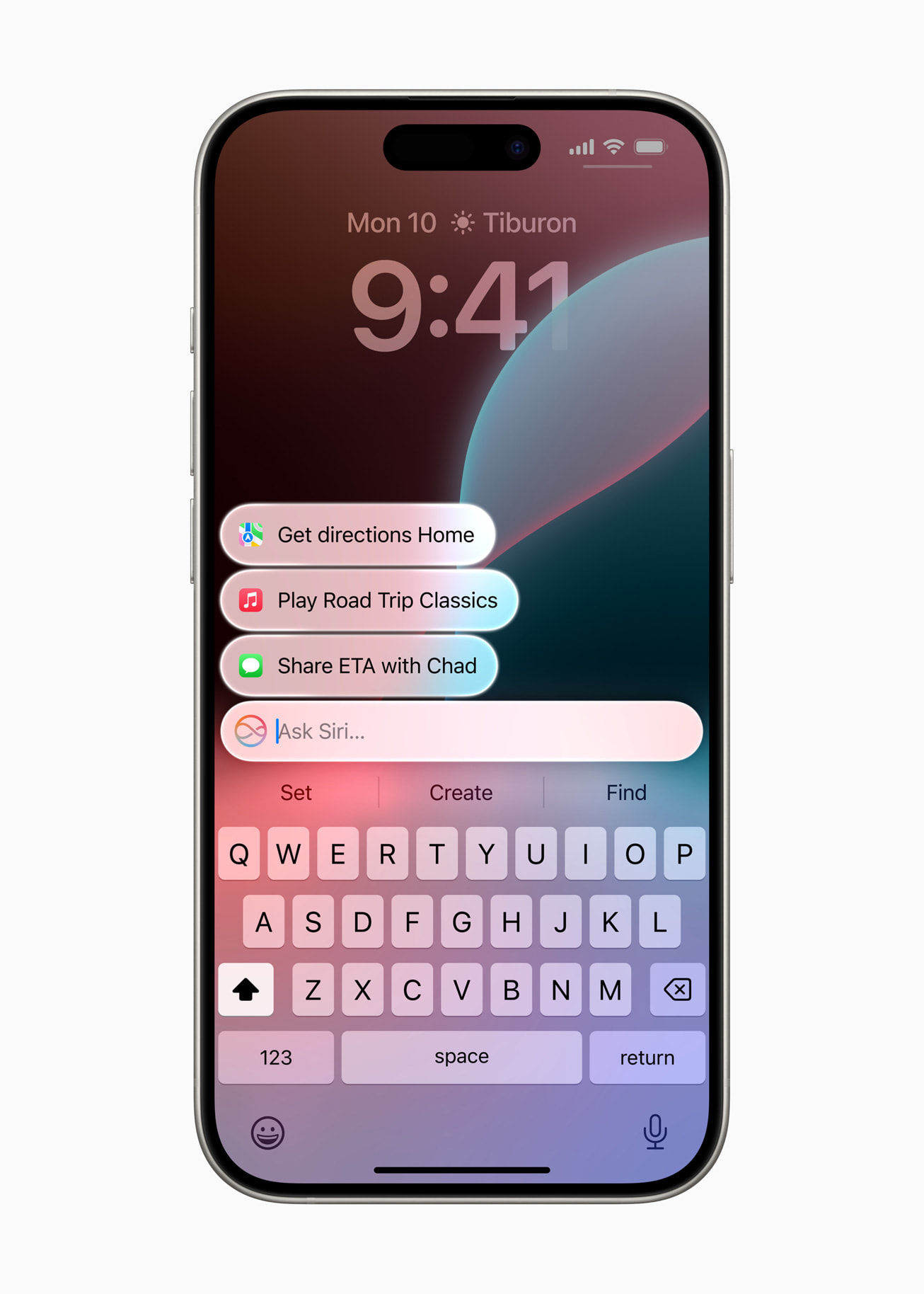The press has positioned Apple’s recent AI moves as Apple “catching up” with competitors like Google and Microsoft in terms of chatbots and generative AI. But playing it slow and cool has long been part of Apple’s M.O.—not necessarily introducing the bleeding edge of technology but improving existing tech through refinement and giving it a better user interface.
For example, like other successful tech firms, Apple has a long history of acquiring or licensing technology from other companies when necessary. Key innovations in products like the Macintosh (the icon-based GUI), iTunes (the app itself), Mac OS X (the OS), the iPod (its OS and chipset), and the iPhone and iPad (multi-touch) relied on technology borrowed or acquired from other firms.
As we mentioned, Apple’s Siri voice assistant was the product of the 2010 acquisition of Siri Inc., a company founded in 2007 by SRI International veterans Dag Kittlaus, Adam Cheyer, Tom Gruber, and Norman Winarsky. Siri was originally its own standalone voice-powered search app for iPhone before being integrated into iOS 5 and launching with the iPhone 4S in 2011.
An original Siri app presentation video from February 2010, before it was purchased by Apple and integrated into iOS.
The technology behind Siri traces its roots back to the CALO (Cognitive Assistant that Learns and Organizes) project, a DARPA-funded artificial intelligence research initiative at SRI International. Siri, named by Kittlaus after a Norwegian co-worker (short for Sigrid, meaning “beautiful victory”), used natural language processing and machine learning techniques developed during the CALO project.
Apple’s acquisition of Siri Inc. and the service’s subsequent integration into iOS marked an important milestone in the evolution of digital assistants at the time—but tech moves on, and Siri seemed to stay in one place, giving Apple another reason to look outside of its own R&D department for solutions.
OpenAI inspires Siri’s rebirth

Credit:
Apple
In iOS 18, Siri will have a new look and new AI features.
Credit:
Apple
Since Siri’s launch 13 years ago, the rules-based assistant has stagnated in capability despite upgrades over the years while competitors like Google and Amazon embraced arguably more flexible voice assistants. At the moment, Siri can still only assist users when they speak one of a finite set of possible voice commands.




